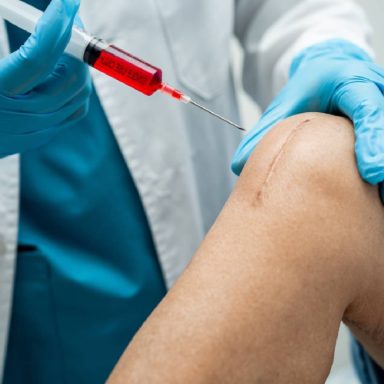
What Are Exosomes?
Exosomes are tiny extracellular vesicles released by various cell types, including stem cells and immune cells, to communicate with neighboring cells. These small vesicles contain proteins, lipids, and nucleic acids (like microRNAs, mRNAs, and DNA fragments), enabling them to influence cellular processes and promote tissue repair. This makes exosomes a valuable resource in regenerative medicine.
Exosome Therapy is the latest advancement in cellular regeneration, building on the success of therapies like stem cell therapy and platelet-rich plasma. It enhances cell signaling, reduces inflammation, promotes cell regeneration, and can modulate the immune response when needed.
Discover the regenerative potential of exosome therapy, which carries vital cellular information for tissue repair and regeneration. It's a promising treatment for various medical conditions.
Benefits of Exosome Therapy

Regenerative Potential
A key benefit of exosome therapy is its regenerative power. Therapeutically administered exosomes can boost tissue repair and regeneration, aiding healing in injuries and degenerative diseases.

Non-Invasive Delivery
Exosome therapy is usually delivered non-invasively, often through intravenous infusions. This approach offers a safer and more accessible alternative to traditional treatments that may involve surgery.

Immunomodulatory Effects
Exosomes have immunomodulatory properties, allowing them to regulate the immune response. This makes exosome therapy a promising treatment for autoimmune disorders and inflammatory conditions.

Reduced Risk of Rejection
Since exosomes come from the patient's own cells or compatible donors, they are less likely to cause an immune response or rejection. This boosts the therapy's safety and effectiveness.
©Copyright. All rights reserved.
We need your consent to load the translations
We use a third-party service to translate the website content that may collect data about your activity. Please review the details in the privacy policy and accept the service to view the translations.